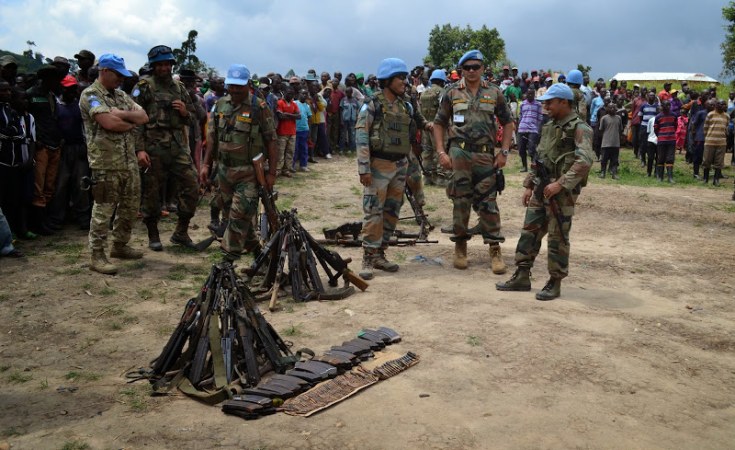Cape Town — Heads of state from the Great Lakes region and southern Africa are to meet in Luanda in 10 days' time to decide on military action against Rwandan rebels in the Democratic Republic of Congo (DRC). The rebels have failed to meet a deadline to surrender and disarm voluntarily.
South Africa's President Jacob Zuma, head of the security arm of the Southern African Development Community (SADC), announced the summit on Sunday.
An estimated 1,400 members of the Democratic Forces for the Liberation of Rwanda (FDLR), one of the groups responsible for the 1994 Rwandan genocide, are still at large in the DRC.
SADC, the DRC government, Rwanda, the United Nations (UN), the United States (U.S.) and the European Union (EU) have all agreed that the rebels have failed to meet an ultimatum to demobilize by January 2.
Both Zuma and the DRC justice minister, Alexis Thambwe Mwamba, point out that 337 FDLR fighters - about a quarter of the total - have surrendered so far. But Rwanda and the UN, U.S. and EU envoys to the Great Lakes region say that the FDLR has used a six-month breathing space given by the ultimatum to recruit more combatants.
Zuma said in his Sunday statement that leaders of SADC and states of the International Conference of the Great Lakes Region (ICGLR) will meet on January 15 and 16 to decide on "the appropriate action to be taken following the expiry of the deadline".
In the interim, he appealed to the FDLR and its remaining combatants "to immediately and unconditionally present themselves for disarmament".
He added that "SADC remains committed to the internationally-mandated objective of neutralising all negative forces operating in the DRC, including the FDLR, and remains ready to play its fullest part in this regard".
However, Rwandan officials openly express doubt as to whether South Africa and Tanzania - who, with Malawi, contribute the troops to the UN's "intervention brigade" in the DRC - have the political will to take military action against the FDLR.


